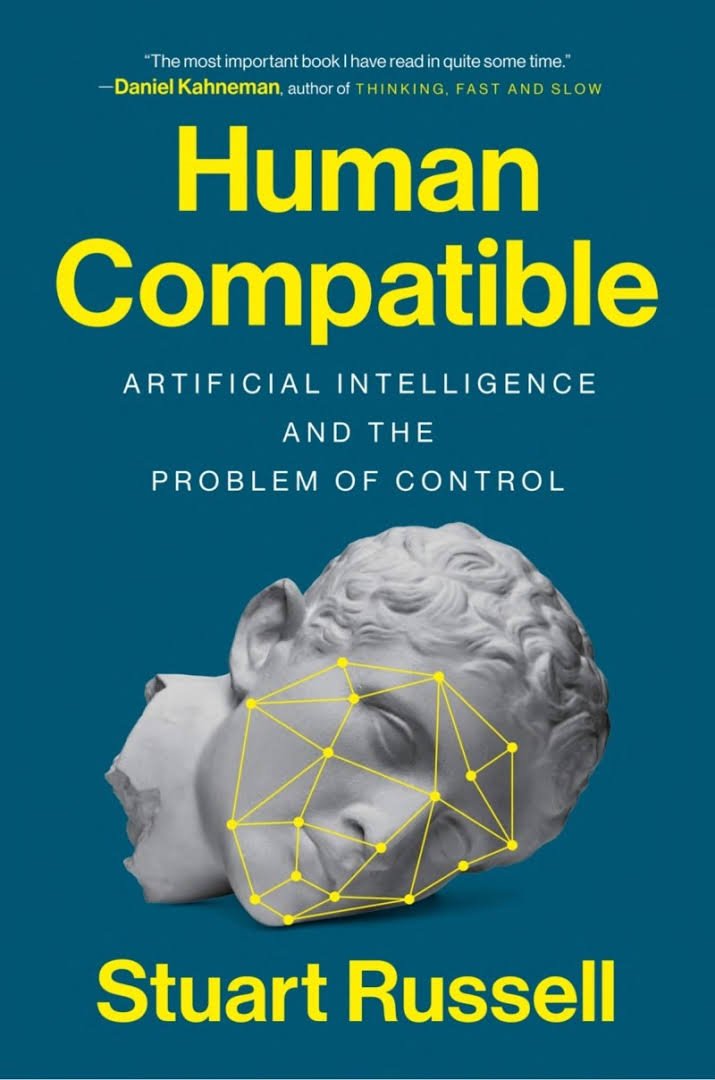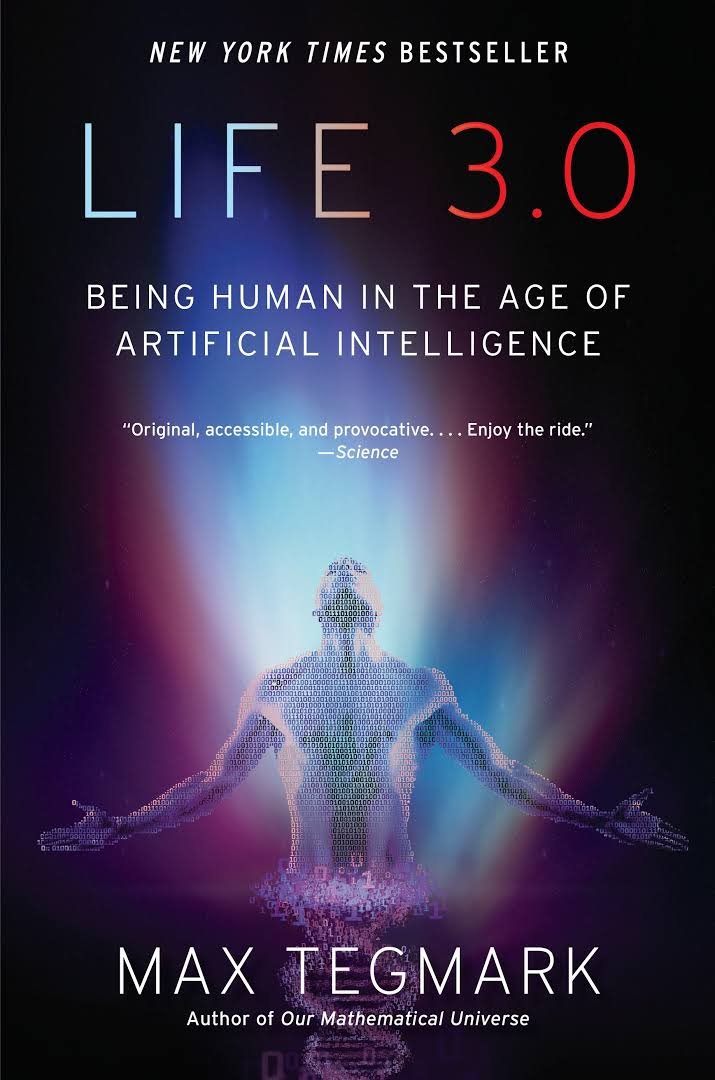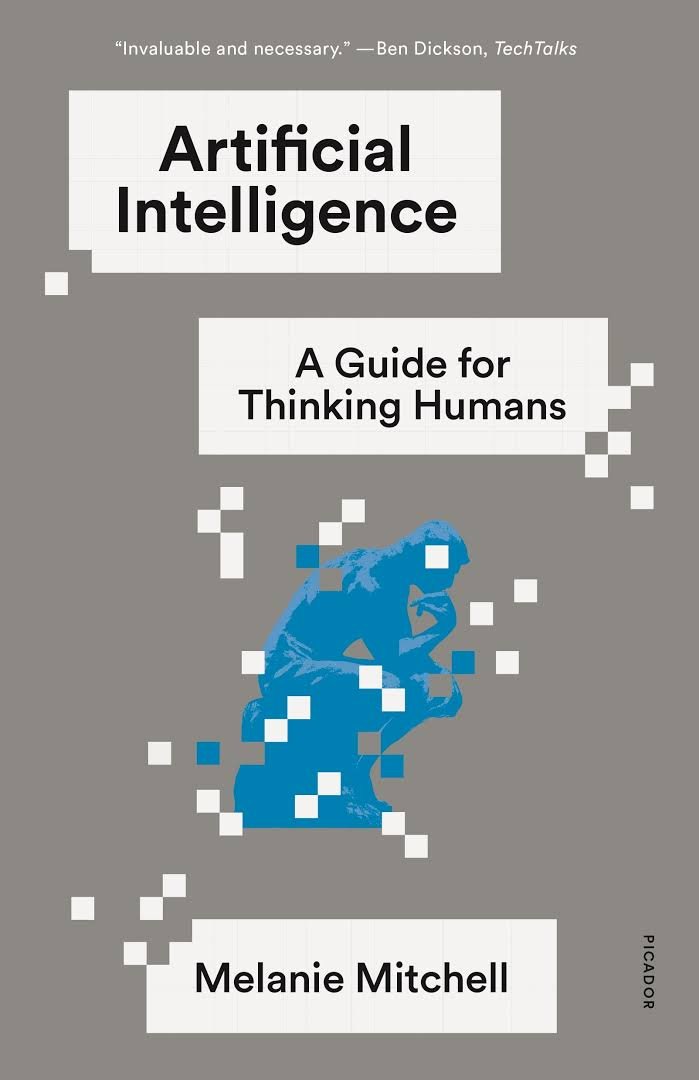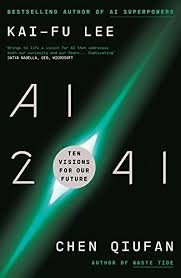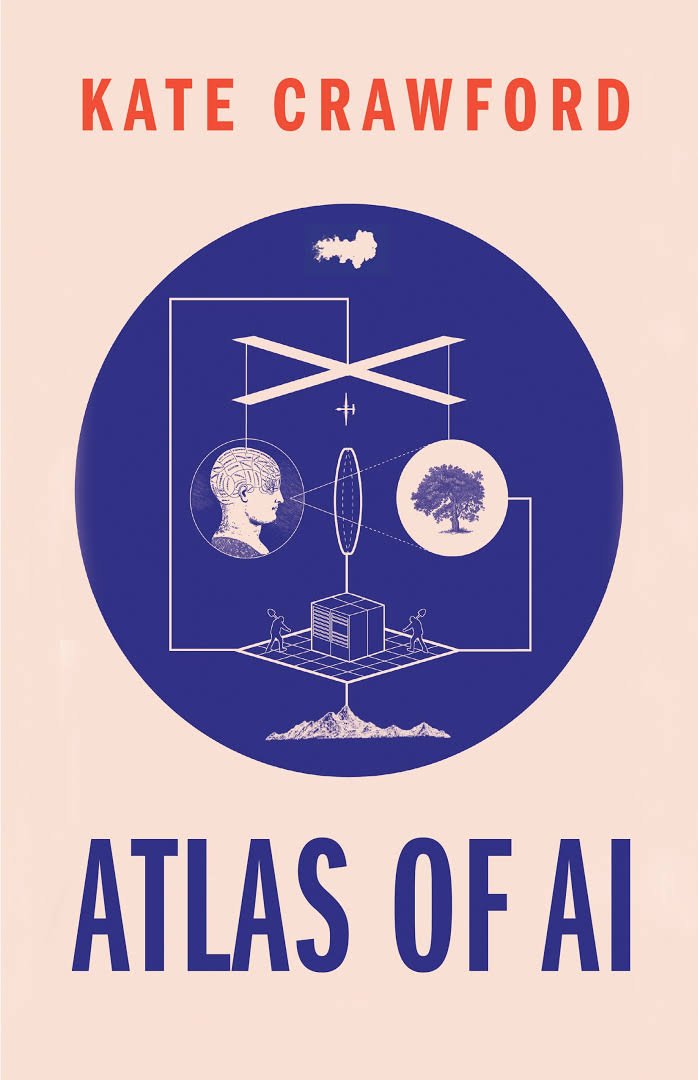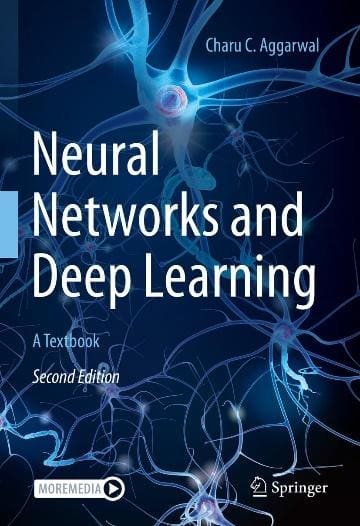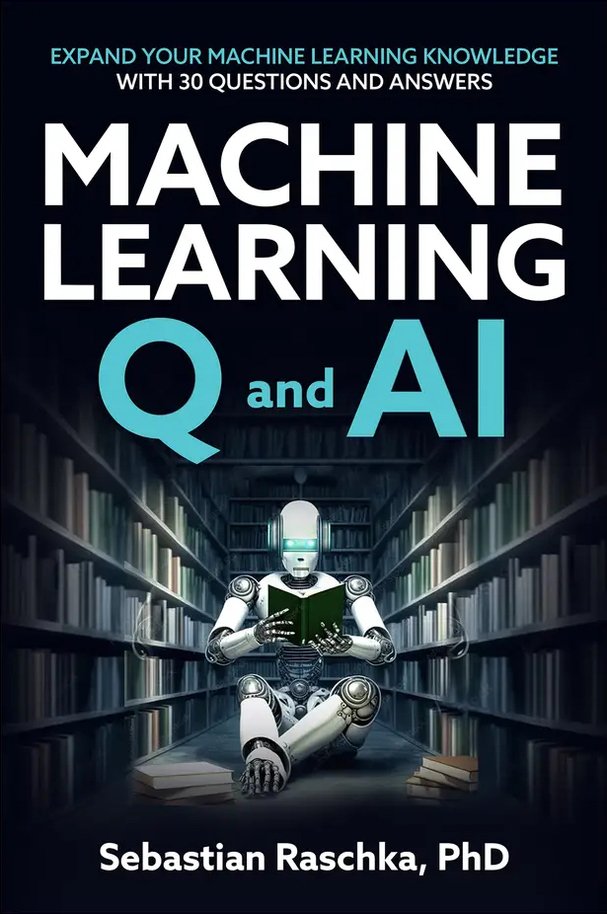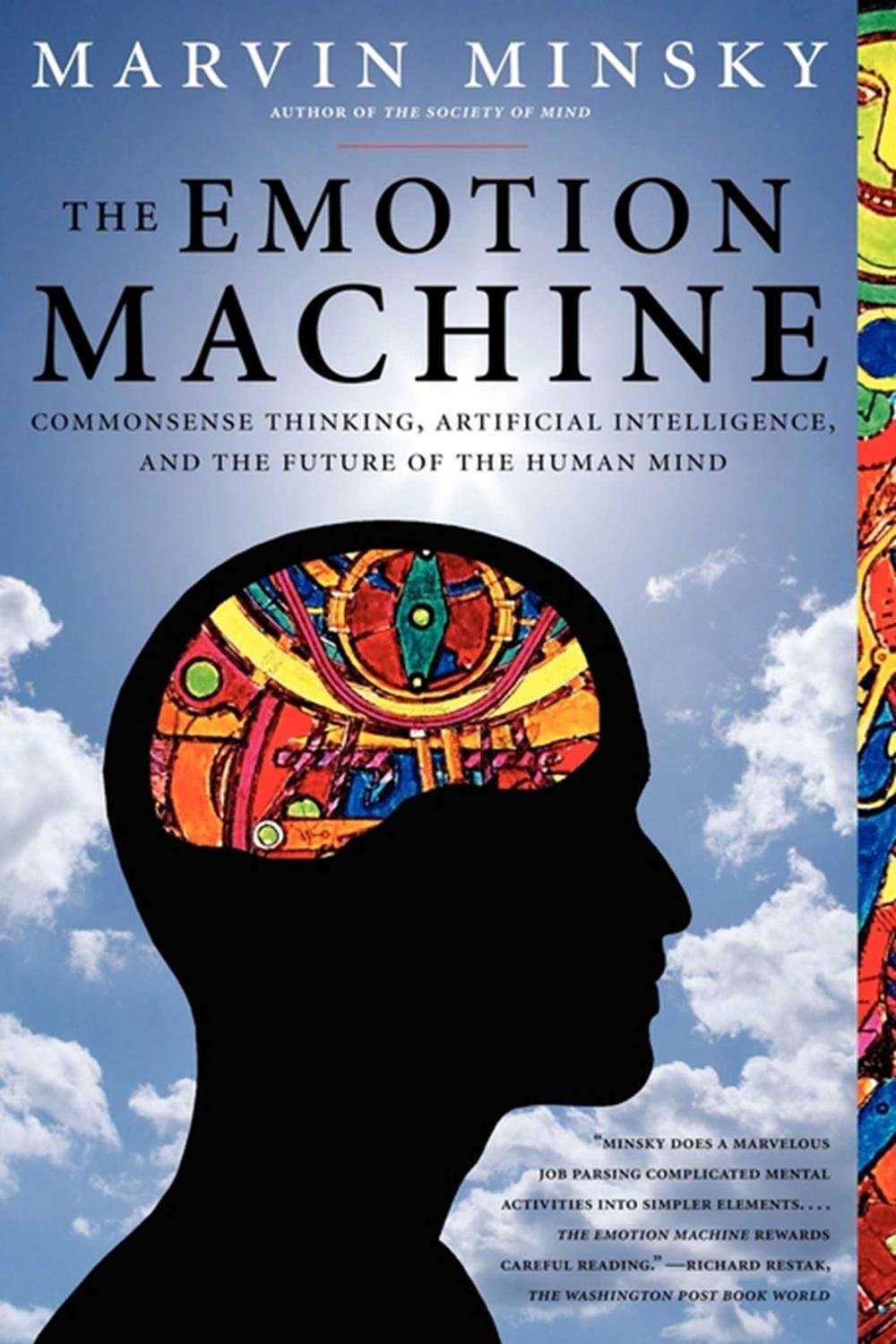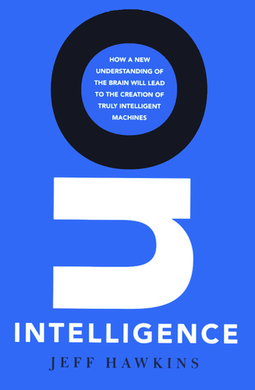
On Intelligence
Private Book Reader
Upload and read your personal PDF books in our secure reader
Read Your Private BookShort Audio Book Summary
On Intelligence Summary
0:00 / 0:00Reviews
No review yet. Be the first to review this book!
Description
"On Intelligence" is a seminal book written by Jeff Hawkins, the co-founder of Palm Computing and Handspring. In this book, Hawkins proposes a theory of how the human brain works and discusses its implications for artificial intelligence (AI) and machine learning. Here's an overview of the key themes and concepts explored in "On Intelligence": 1. The Memory-Prediction Framework: Hawkins introduces the Memory-Prediction Framework, which he argues is the fundamental principle underlying the operation of the human brain. According to this framework, the brain's primary function is to make predictions about the world based on its stored memories of past experiences. 2. Hierarchical Temporal Memory (HTM): Building upon the Memory-Prediction Framework, Hawkins proposes the concept of Hierarchical Temporal Memory (HTM) as a computational model inspired by the structure and function of the neocortex. HTM is designed to mimic the hierarchical and temporal nature of information processing in the brain. 3. Predictive Coding: Hawkins discusses the role of predictive coding in neural processing, emphasizing the importance of feedback loops and recurrent connections in generating predictions and updating mental models of the world. 4. Sparse Distributed Representations: Hawkins argues that the brain represents information using sparse distributed representations (SDRs), which enable efficient storage, retrieval, and manipulation of knowledge while preserving semantic relationships between concepts. 5. Implications for Artificial Intelligence: "On Intelligence" explores the implications of Hawkins' theory for the field of artificial intelligence. He suggests that traditional AI approaches, which rely heavily on symbolic logic and rule-based systems, are limited in their ability to replicate the flexibility and adaptability of human intelligence. 6. The Importance of Embodiment and Experience: Hawkins emphasizes the importance of embodiment and sensory-motor experience in shaping intelligence. He argues that intelligence arises from the interaction between an organism and its environment, rather than being solely a product of internal cognitive processes. 7. **Neuroscientific Evidence and Hypotheses**: Throughout the book, Hawkins draws upon findings from neuroscience to support his theory of intelligence. He discusses experiments and observations that provide evidence for the hierarchical and predictive nature of neural processing in the brain. 8. Challenges and Future Directions: "On Intelligence" concludes with reflections on the challenges and unanswered questions in the study of intelligence. Hawkins encourages further research into understanding the principles of brain function and developing AI systems that are more aligned with the natural intelligence exhibited by humans and other organisms. Overall, "On Intelligence" offers a compelling and provocative perspective on the nature of intelligence and its implications for both neuroscience and artificial intelligence. It has been influential in shaping discussions about the future of AI and cognitive science.
































.jpg)



.png)

.jpg)



.jpeg)
.jpg)
.jpg)

.jpeg)


.jpg)




.jpeg)





.jpg)







.jpeg)








.jpeg)













.jpg)
